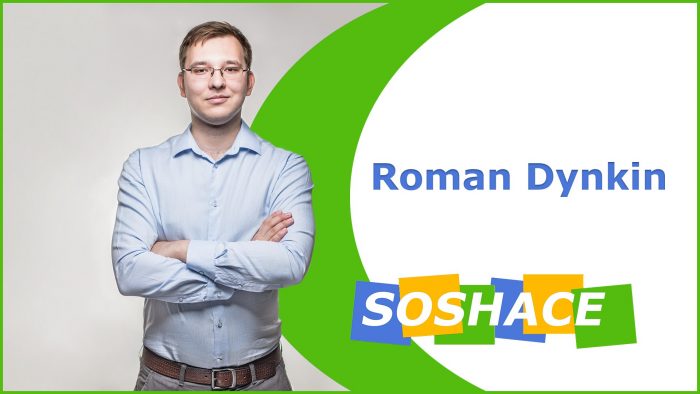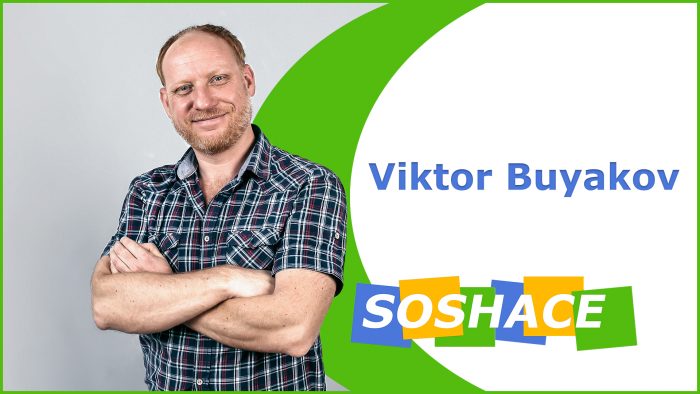In today’s competitive job market, technical interviews serve as a critical gateway for aspiring software engineers and tech professionals seeking to demonstrate their expertise and problem-solving capabilities. As organizations increasingly prioritize proficiency in both theoretical knowledge and practical application, mastering the art of technical interview preparation is essential. This article explores a comprehensive set of strategies designed to enhance your readiness for technical interviews, focusing on key areas such as algorithmic proficiency, system design principles, and effective communication techniques. By implementing these strategies, candidates can not only improve their chances of success but also develop a deeper understanding of the concepts at play, ultimately positioning themselves as valuable assets in the fast-evolving tech landscape.
Table of Contents
- Understanding the Technical Interview Landscape
- Mastering Coding Skills and Problem-Solving Techniques
- Enhancing Communication and Behavioral Interview Strategies
- Simulating Real Interview Conditions for Optimal Performance
- Wrapping Up
Understanding the Technical Interview Landscape
In today’s competitive job market, the technical interview process has evolved to encompass a range of formats and topics, each uniquely tailored to assess a candidate’s problem-solving abilities and technical knowledge. Interviewers may utilize challenging coding questions, system design scenarios, or theoretical concepts to gauge a candidate’s depth of understanding in their field. This variability necessitates a comprehensive awareness of the various types of interviews you may encounter, including online assessments, pair programming sessions, and whiteboard interviews. Each format requires different preparation techniques, making it imperative to adapt your strategy accordingly.
To excel in any technical interview, candidates should focus on several key strategies that encompass both fundamental knowledge and practical skills. Consider implementing the following approaches as part of your preparation plan:
- Practice Consistently: Regular coding practice on platforms like LeetCode or HackerRank helps to sharpen algorithmic thinking.
- Mock Interviews: Conduct mock interviews with peers or mentors to simulate the interview environment.
- Master Core Concepts: Ensure a solid understanding of data structures, algorithms, and system design principles.
- Learn from Feedback: After each practice session, solicit feedback to understand areas of improvement.
Understanding potential interview questions and formats is critical. Below is a simple table that outlines common interview topics and their frequency:
| Interview Topic | Frequency |
|---|---|
| Data Structures | 30% |
| Algorithms | 30% |
| System Design | 20% |
| Behavioral Questions | 20% |
Mastering Coding Skills and Problem-Solving Techniques
To excel in technical interviews, it is crucial to diversify your approach to coding and problem-solving. Start by engaging in regular practice on platforms like LeetCode, HackerRank, or Codewars, where you can tackle a variety of problems and improve your algorithmic thinking. Prioritize the following strategies to enhance your mastery:
- Understand the fundamentals: Ensure a strong grasp of data structures (arrays, linked lists, trees) and algorithms (sorting, searching).
- Work on mock interviews: Pair up with a friend or use services like Pramp to simulate real interview conditions.
- Analyze solutions: After attempting problems, review optimal solutions and learn different methodologies to approach the same problem.
In addition, maintaining a structured approach during problem-solving can elevate your performance. Documenting your thought process while solving challenges can help you articulate your reasoning during interviews. Consider using the following outline when approaching problems:
| Step | Description |
|---|---|
| 1. Understand the problem | Clarify requirements and constraints; ask questions if needed. |
| 2. Plan your solution | Outline your approach, possibly using pseudocode. |
| 3. Execute and test | Write code, run tests, and debug as necessary. |
| 4. Optimize | Look for ways to improve your solution’s efficiency. |
Enhancing Communication and Behavioral Interview Strategies
Mastering communication skills is essential for success in technical interviews, where conveying complex ideas clearly can distinguish candidates. Here are some key strategies to enhance your communication:
- Active Listening: Focus on the interviewer’s questions and respond thoughtfully, demonstrating your engagement and comprehension.
- Clarification Techniques: If a question is unclear, don’t hesitate to ask clarifying questions. This shows that you are invested in understanding the problem correctly.
- Structured Responses: Use frameworks such as STAR (Situation, Task, Action, Result) to articulate your experiences succinctly and effectively.
- Technical Jargon: Strike a balance between using industry-specific terminology and ensuring your explanation is accessible to those less familiar with the topic.
Behavioral interviews require candidates to demonstrate how they handle different situations. Here’s how you can improve your strategies:
- Situational Examples: Prepare specific examples from past experiences that highlight your problem-solving abilities and teamwork skills.
- Reflective Practice: After preparing your responses, rehearse them out loud to refine your delivery and identify areas for improvement.
- Feedback Loop: Engage in mock interviews with peers or mentors to gain constructive feedback and adjust your approach accordingly.
- Emphasizing Adaptability: Illustrate your adaptability by discussing how you’ve responded to unexpected challenges in previous roles.
Simulating Real Interview Conditions for Optimal Performance
To achieve peak performance during technical interviews, it’s crucial to replicate the conditions you’ll face on the big day. This means not only practicing coding problems but also simulating the immersive experience of a real interview. Start by designating a quiet space free of distractions, ensuring it resembles a professional setting. Engage a friend or a mentor to conduct mock interviews, allowing you to experience the pressure and time constraints. Incorporate technology by using video conferencing tools to mimic remote interviews, as many companies now conduct their technical evaluations online.
In addition to practicing coding challenges, focus on enhancing your communication skills under pressure. Aim to articulate your thought process aloud, as it’s essential for interviewers to understand your reasoning. Consider employing the following strategies during mock interviews to mimic the actual interview environment effectively:
- Set a Timer: Limit each question to a specific timeframe to replicate real-time conditions.
- Review Feedback: After each session, discuss what went well and where improvements are needed.
- Vary Topics: Rotate between different subjects or types of problems to avoid predictability.
Wrapping Up
navigating the landscape of technical interviews requires a well-structured approach grounded in preparation, practice, and a clear understanding of both the technical and interpersonal skills that employers prioritize. By leveraging the strategies outlined in this article—ranging from mastering core concepts and engaging in mock interviews to cultivating a growth mindset and refining your problem-solving methodologies—you will significantly enhance your competitive edge.
Remember, effective preparation is not merely about acquiring knowledge but also about fostering confidence and adaptability under pressure. As you embark on your interview journey, keep in mind that each experience offers an opportunity for growth and learning. Stay curious, embrace challenges, and continuously refine your techniques. With dedication and strategic preparation, you can transform potential obstacles into stepping stones on your path to success in the technical job market.
As you prepare for your next technical interview, arm yourself with these essential strategies, and approach each challenge as an opportunity to demonstrate not only your technical acumen but also your enthusiasm for collaboration and innovation. Good luck on your journey toward securing your ideal position in the ever-evolving technology landscape.






